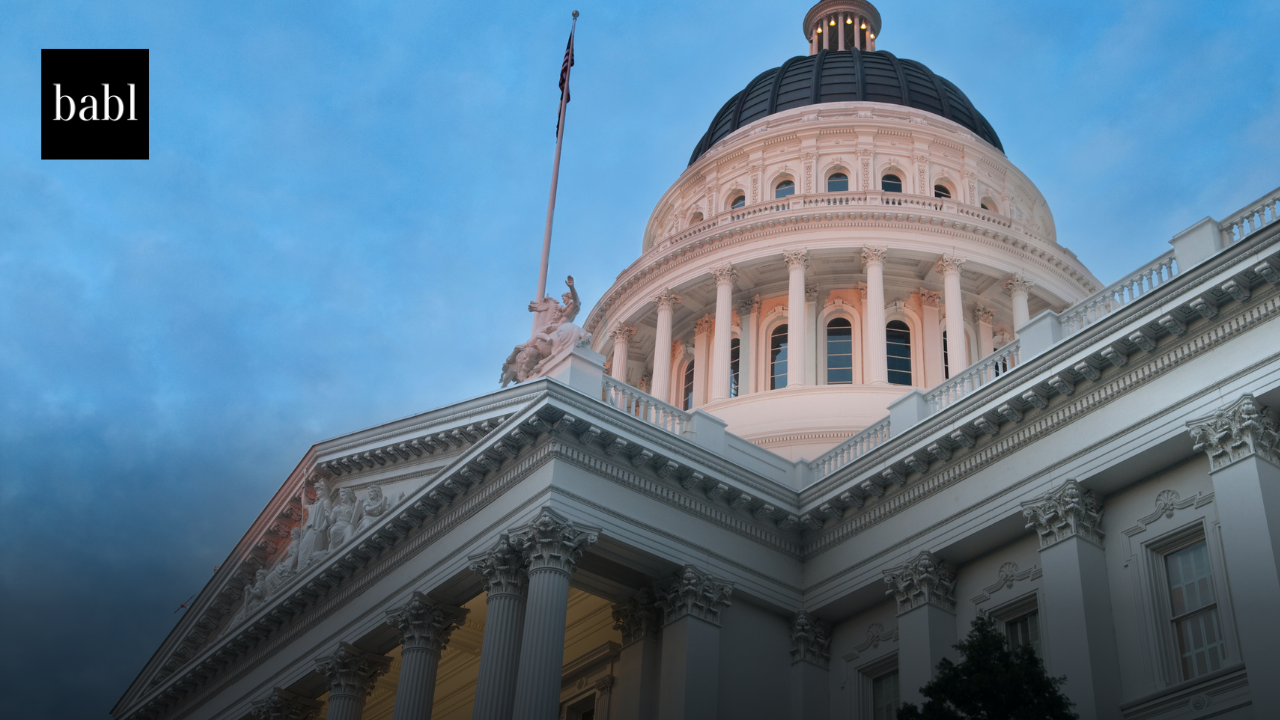UPDATE — AUGUST 2025: Singapore has now moved from proposal to law with the passage of the Elections (Integrity of Online Advertising) Amendment Bill. The amendments to the Parliamentary Elections Act 1954 and the Presidential Elections Act 1991 prohibit the use of digitally manipulated or AI-generated election advertising that misrepresents a candidate’s words or actions. The law applies across social media, websites, and other online platforms during election periods. It empowers the Returning Officer to issue corrective directives for takedowns or clarifications.
ORIGINAL NEWS STORY:
New Legislation Targets Manipulated Content in Singapore’s Election Advertising
Action is still waiting to be taken after Singapore’s Parliament introduced the “Elections (Integrity of Online Advertising) Amendment Bill,” marking a significant move to curb the spread of manipulated or digitally generated content in online election advertising. The Bill, designated as Bill No. 29/2024, seeks to amend both the Parliamentary Elections Act 1954 and the Presidential Elections Act 1991 to ensure a more transparent and trustworthy election environment in the digital age.
Its goal is to preserve transparency and public trust in elections as digital technologies evolve. The bill bans online election ads that digitally alter a candidate’s words or actions. It focuses on content realistic enough to deceive voters, such as fabricated videos or AI-generated images that could falsely depict a candidate endorsing a policy or making a statement.
Enforcement and Penalties
The law applies to all online election advertising published in Singapore during the election period. It covers material shared on social media, websites, and digital platforms. The Returning Officer can order immediate corrections or takedowns when manipulated content is identified. Individuals who publish such content face fines of up to SGD 1,000, imprisonment for up to 12 months, or both. Social media providers that ignore correction orders risk penalties as high as SGD 1 million.
Exemptions and Candidate Protections
The legislation excludes private communications and reporting by authorized news outlets. It also allows candidates to request corrective actions when manipulated content targets them. However, anyone submitting false or misleading claims to trigger these corrections may face penalties, ensuring fairness for all parties involved. By restricting AI-generated and digitally altered election content, Singapore aims to protect voters from misinformation. The bill’s explanatory statement highlights generative AI as a key risk factor, noting its ability to produce realistic but false depictions of candidates and their positions.
Need Help?
If you’re wondering how Singapore’s AI laws—or other global AI regulations—could affect your organization, contact BABL AI. Their Audit Experts can address your concerns and questions while offering valuable insights.





